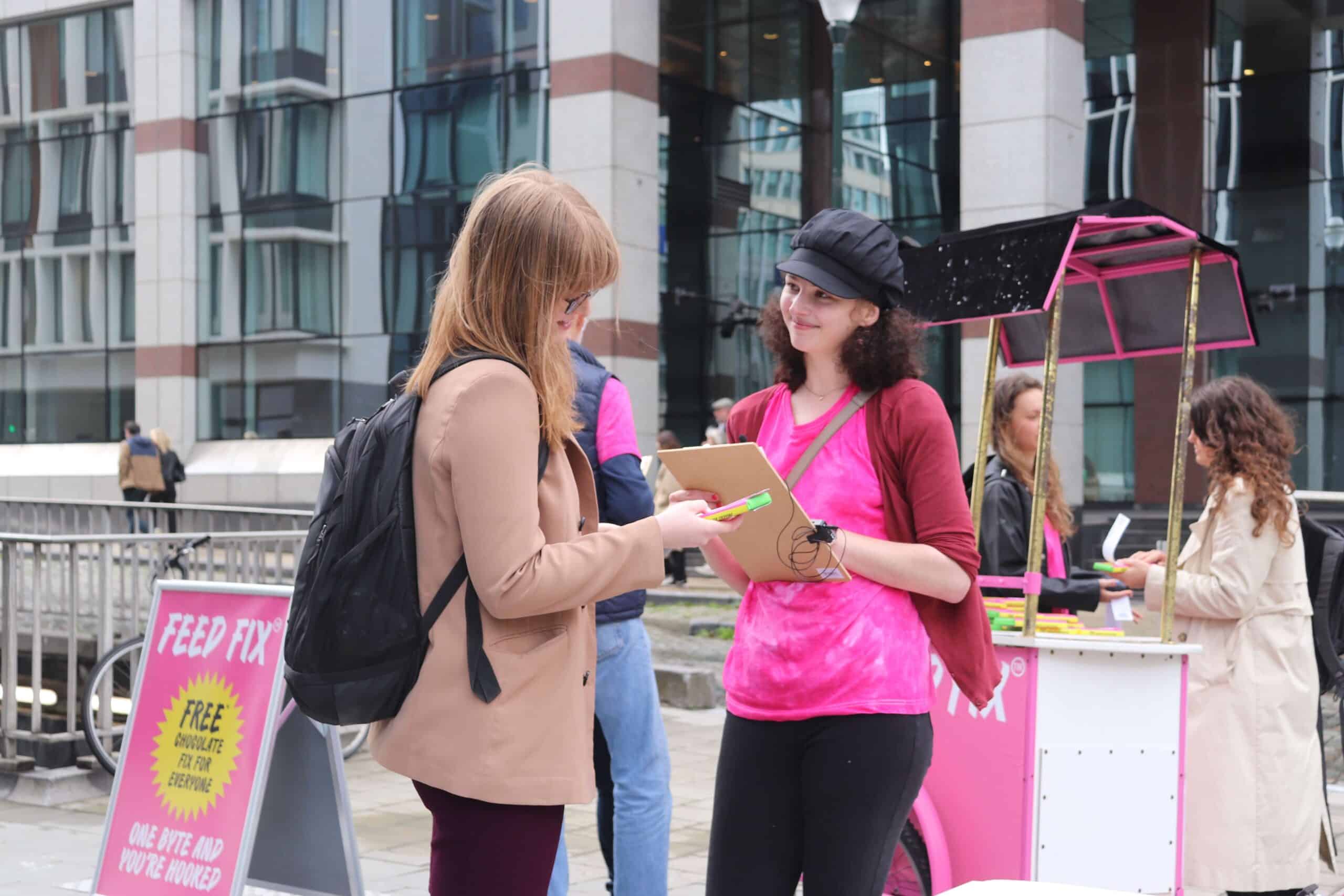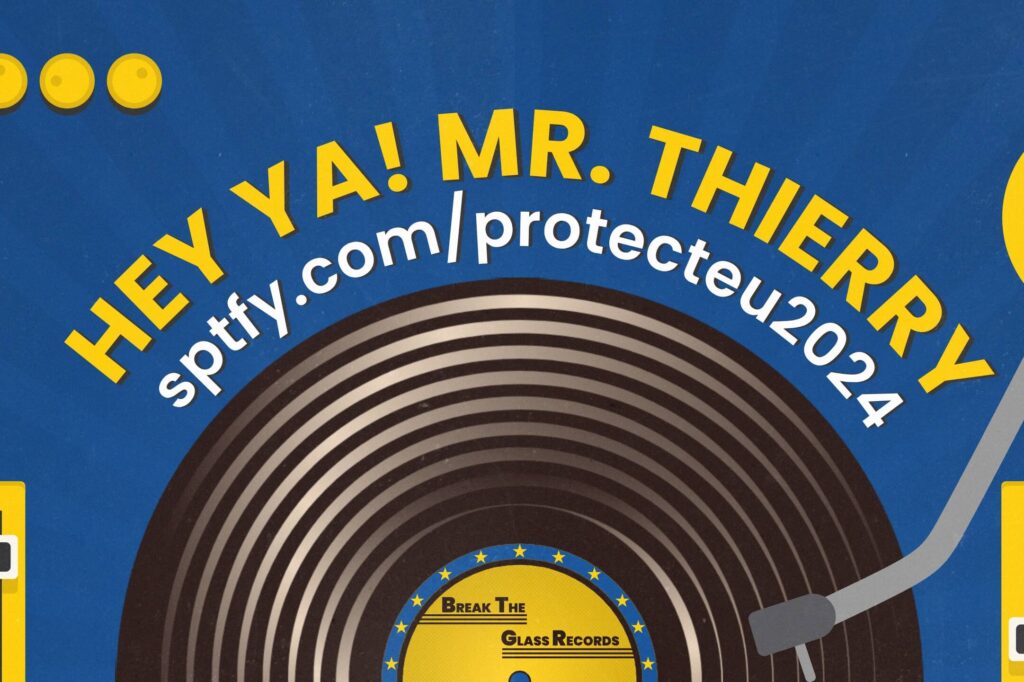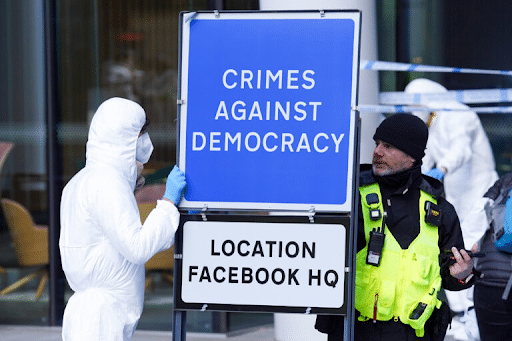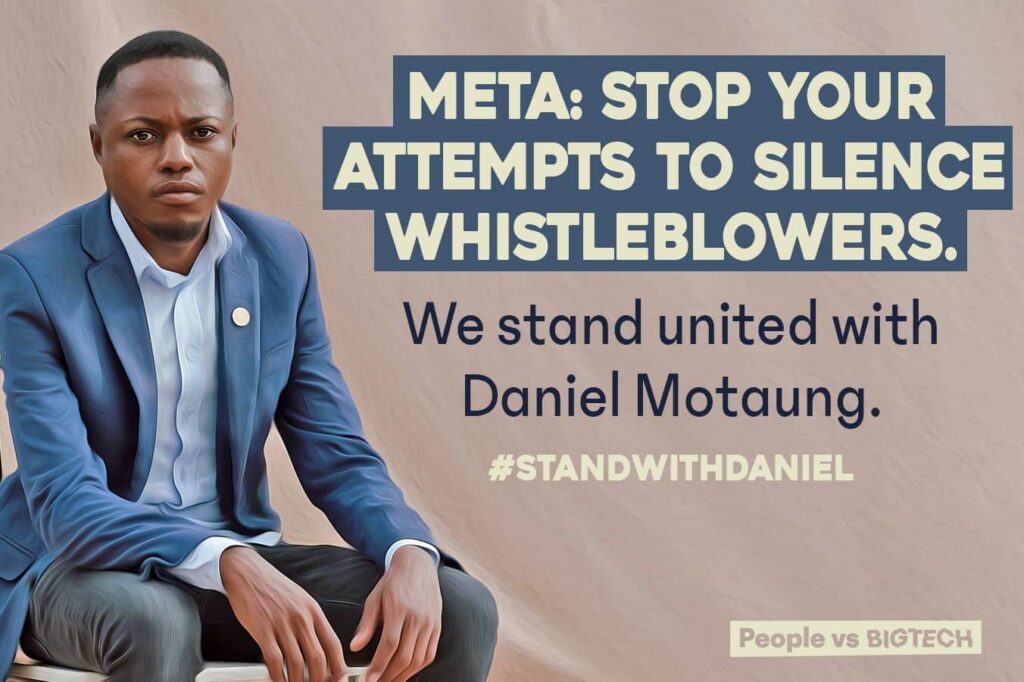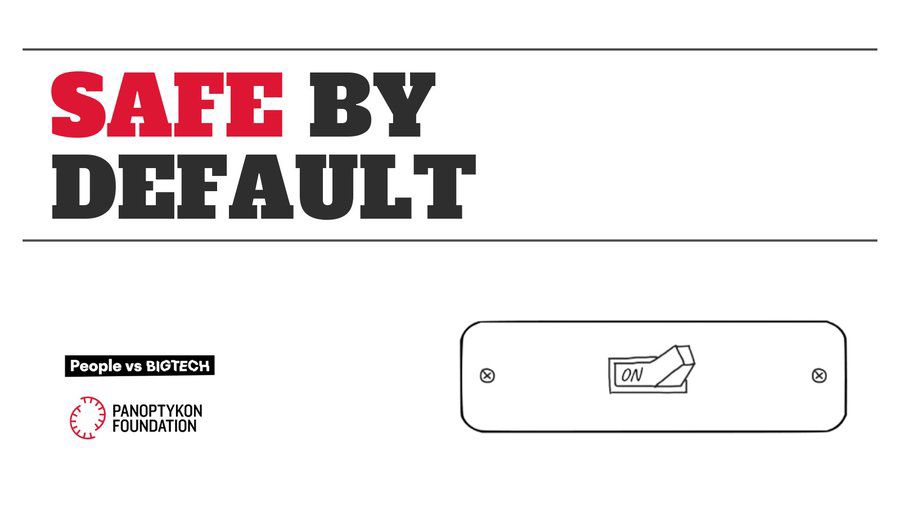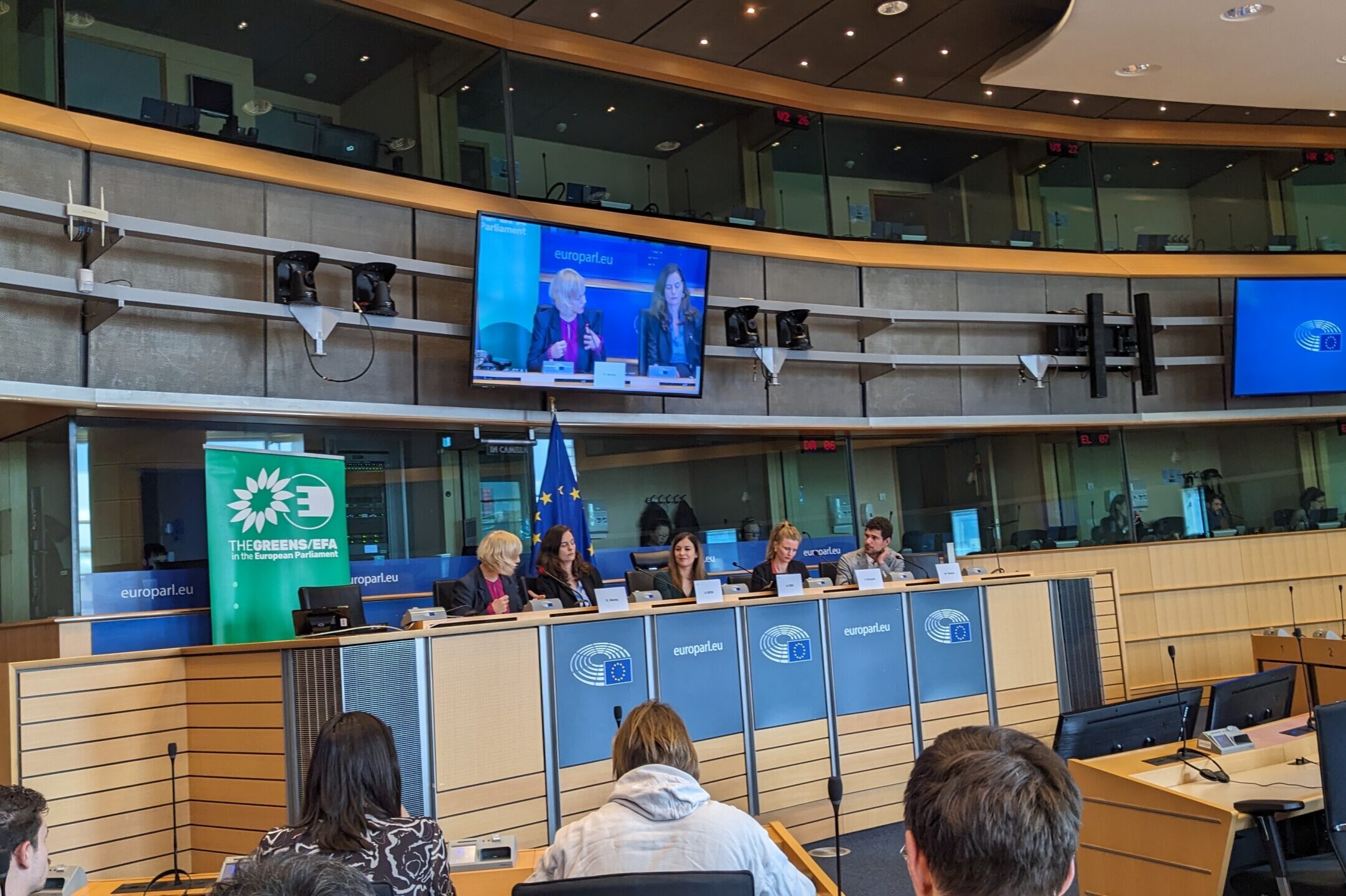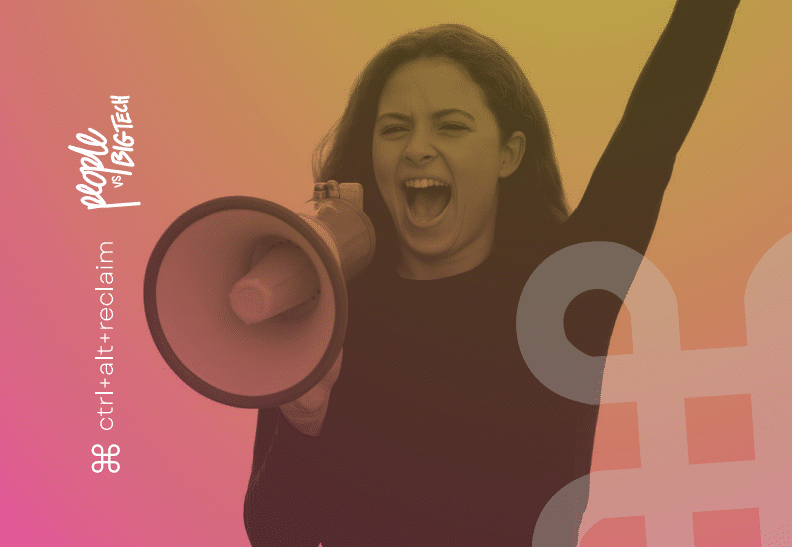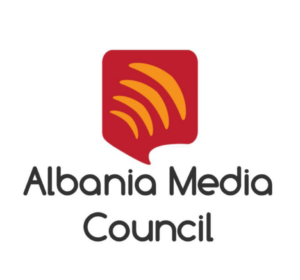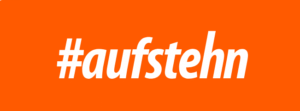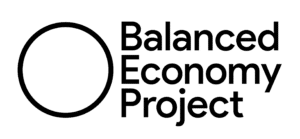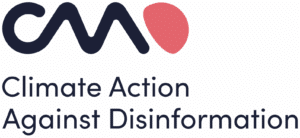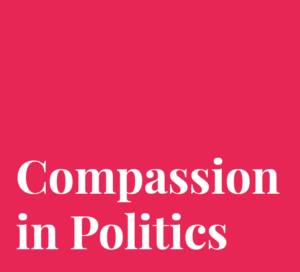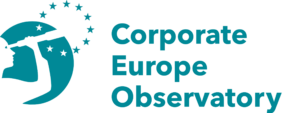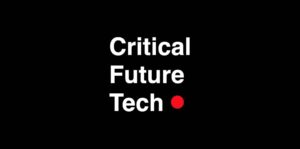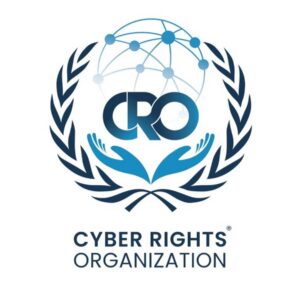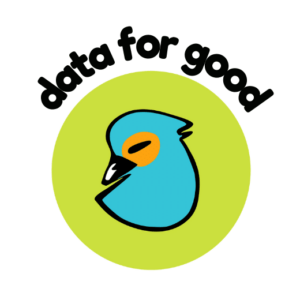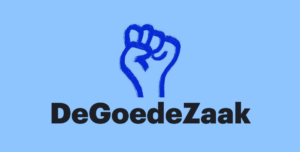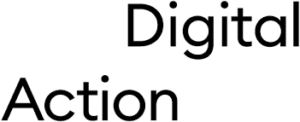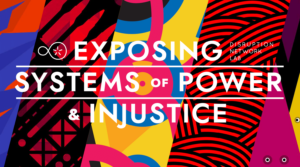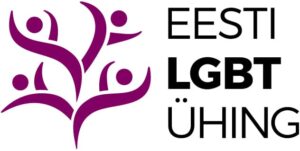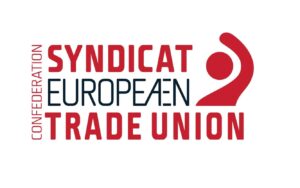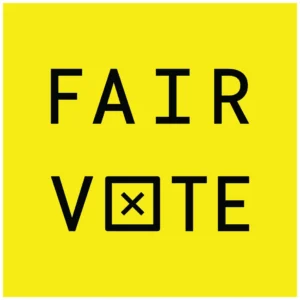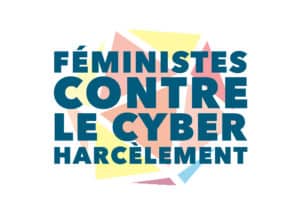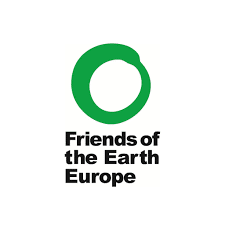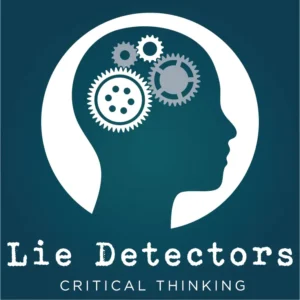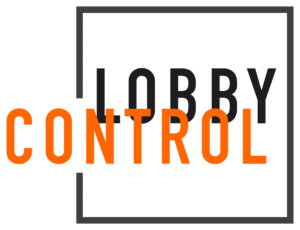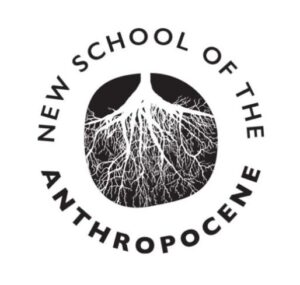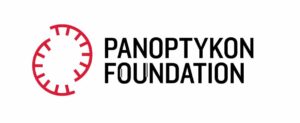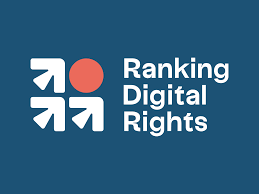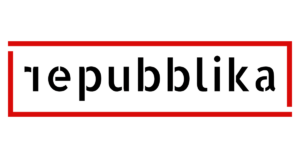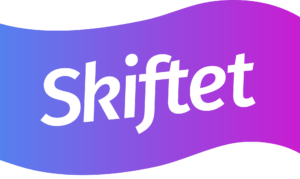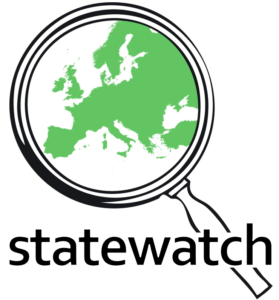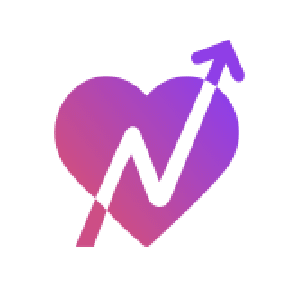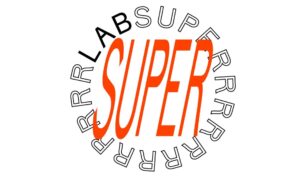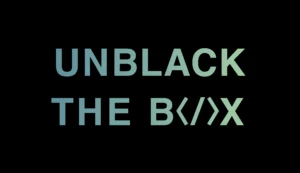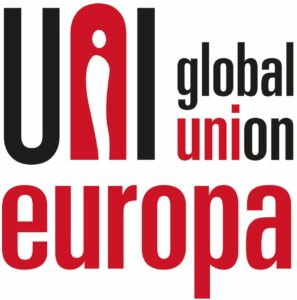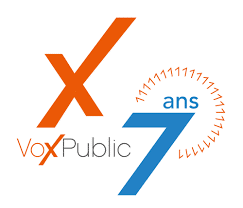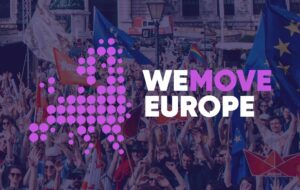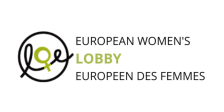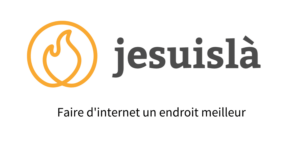
We are a growing movement fighting for a better digital future

We believe in the original promise of the internet as a force for good.
But a small group of tech corporations have cheated us of that dream, instead constructing a toxic, online world where they exploit our private data and attention to build vast advertising empires.
While they make obscene profits, we face the devastation of a system designed to keep people scrolling at all costs – rising hate and lies, stolen childhoods, polarisation, fragmentation of society and even violence.
But it doesn’t have to be this way. In fact, we’re already shifting the dial. Because together we are stronger than any corporation… and together we’re rising up to build a better digital world.
Our three priorities

Fix Our Feeds
Hate, disinformation, division... it's not a glitch in the system, it is the system. But tech giants can design their products to be safe. We just need to make them.

Stop Surveillance For Profit
Tech corporations spy on and profile us, then exploit our vulnerabilities to build vast fortunes. It's time to dismantle the spy machinery and reclaim our rights.

Break Open Big Tech
True tech progress serves people everywhere, not just a tiny group of CEOs. We're pushing to end Big Tech's stranglehold, so we can build a different future.
Our Actions
Our latest campaigns
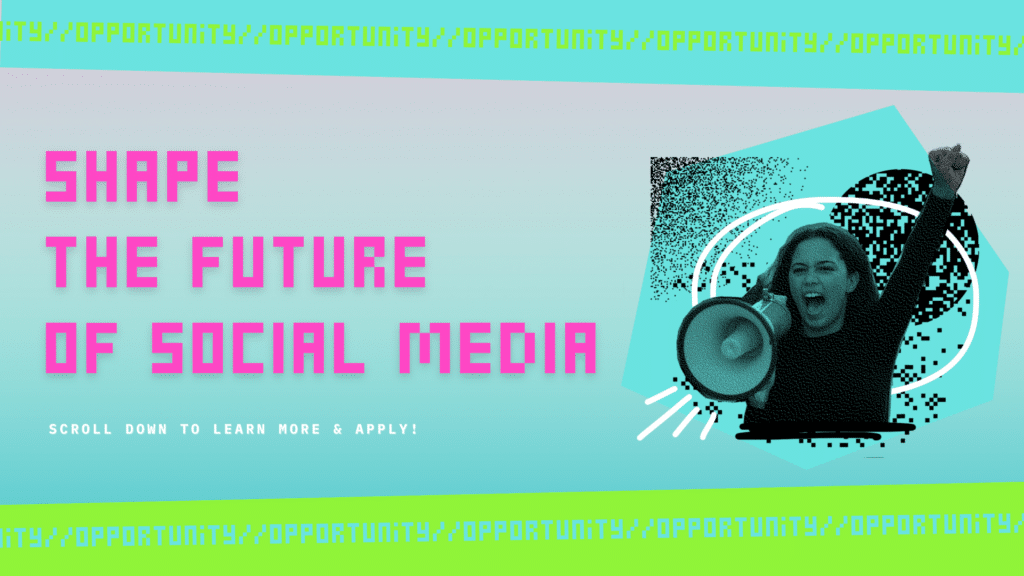
Opportunity: Ctrl+Alt+Reclaim Youth Mobilisation Lead
Join Ctrl+Alt+Reclaim. Be part of a European youth campaign to make social media safer, healthier and more supportive!
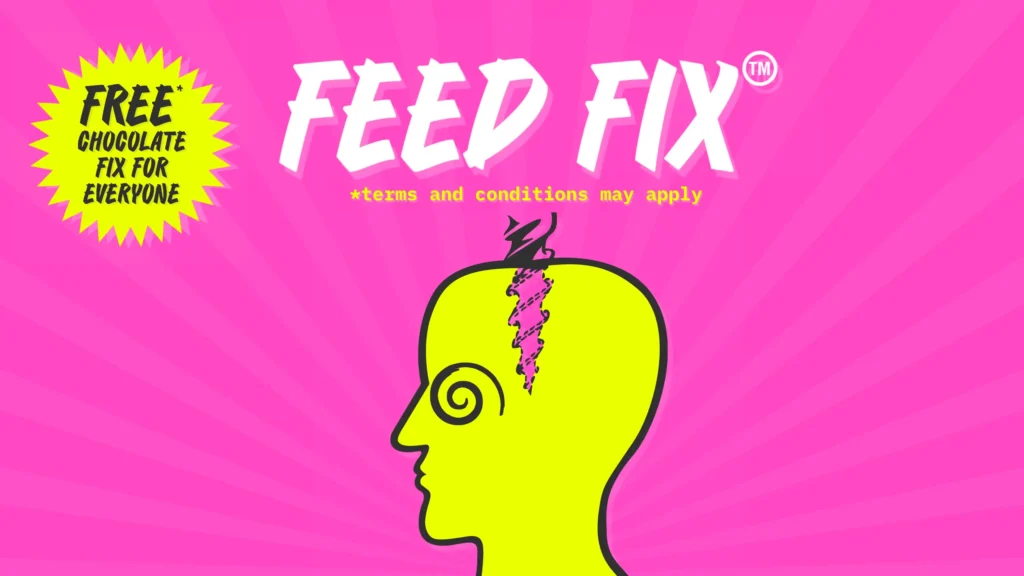 Campaign
Campaign
FIX OUR FEEDS – EU Elections 2024
In a year of critical elections, we’re asking regulators to restore public trust in information and democracy by disabling toxic recommender systems
Latest news
What we have achieved so far
We won an EU-wide ban on the use of sensitive personal data for targeted advertising
Targeted advertising is at the dark heart of big tech’s twisted business model. It means corporations slicing and dicing the most intimate details of our lives to prey on our vulnerabilities, hijack our time and sell us things we don’t need or want.
So when the pundits said we had no hope of getting action on ads into the EU’s new tech law, a powerful movement of organisations, activists, and businesses refused to listen – instead working up watertight policy proposals and launching a massive people’s advocacy push for change.
The resulting ban on using sensitive data like race and religion to target people with ads is a vital first step towards the surveillance-free future we’re determined to build for everyone.
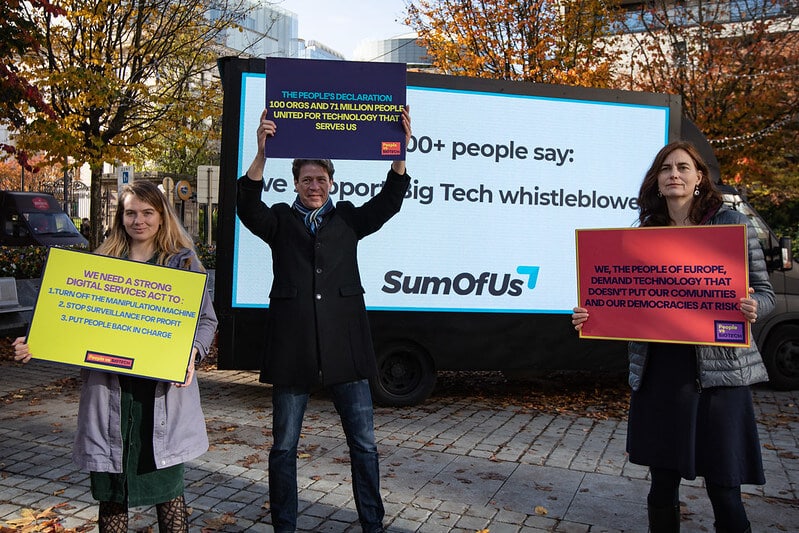
We got the EU to prohibit targeted advertising to kids
Keeping children safe from harm is society’s most basic job. But for years, a handful of tech CEOs have had free rein to spy and experiment on our kids – to sell them stuff, addict them to dangerous products and exploit their developing brains for profit.
Now a mega movement of parents, teachers, psychologists and concerned citizens is rising up to demand a safer, more enriching online world for children. And it’s winning results, like getting MEPs to vote for a ban on insidious spy-advertising to kids in Europe.
We’re just starting to see what the determination and moral clarity of this powerful coalition can achieve. Next stop? An internet that truly meets kids’ needs.
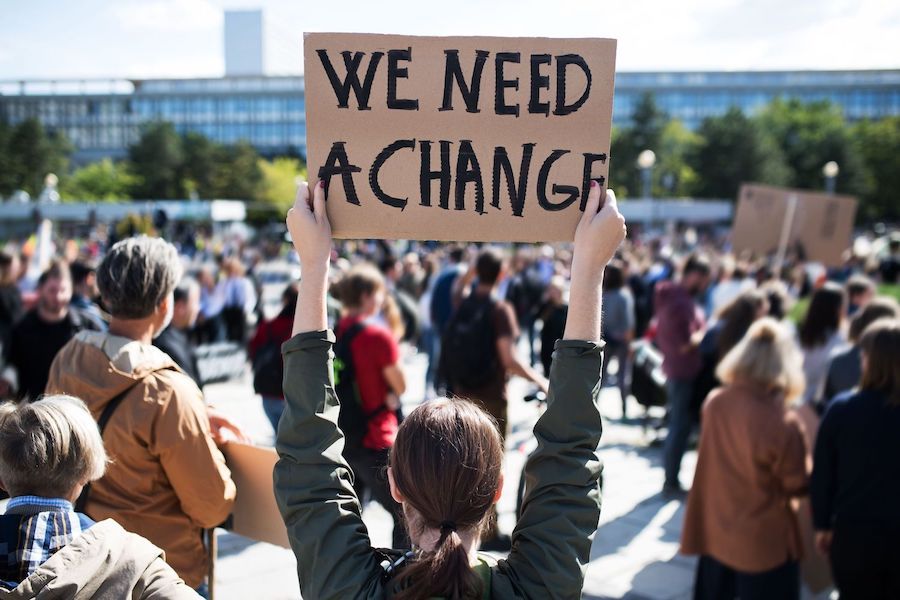
We teamed up with Nobel Laureates to write a 10-point plan to end disinformation
Sometimes people everywhere agree, and what’s needed is a powerful rallying call to connect, unite and galvanise action. So when Nobel prize-winners Maria Ressa and Dmitry Muratov said they wanted to issue a global call to rein in Big Tech and support journalism, our members leapt into action – teaming up to help develop, draft and promote a compelling manifesto for change.
Launched at the Nobel Peace Center in 2022, the actionable, 10-point plan has since been endorsed by over 294 Nobel laureates, organisations and individuals around the world. It’s a vision for a different future, and the best part is it’s totally doable.
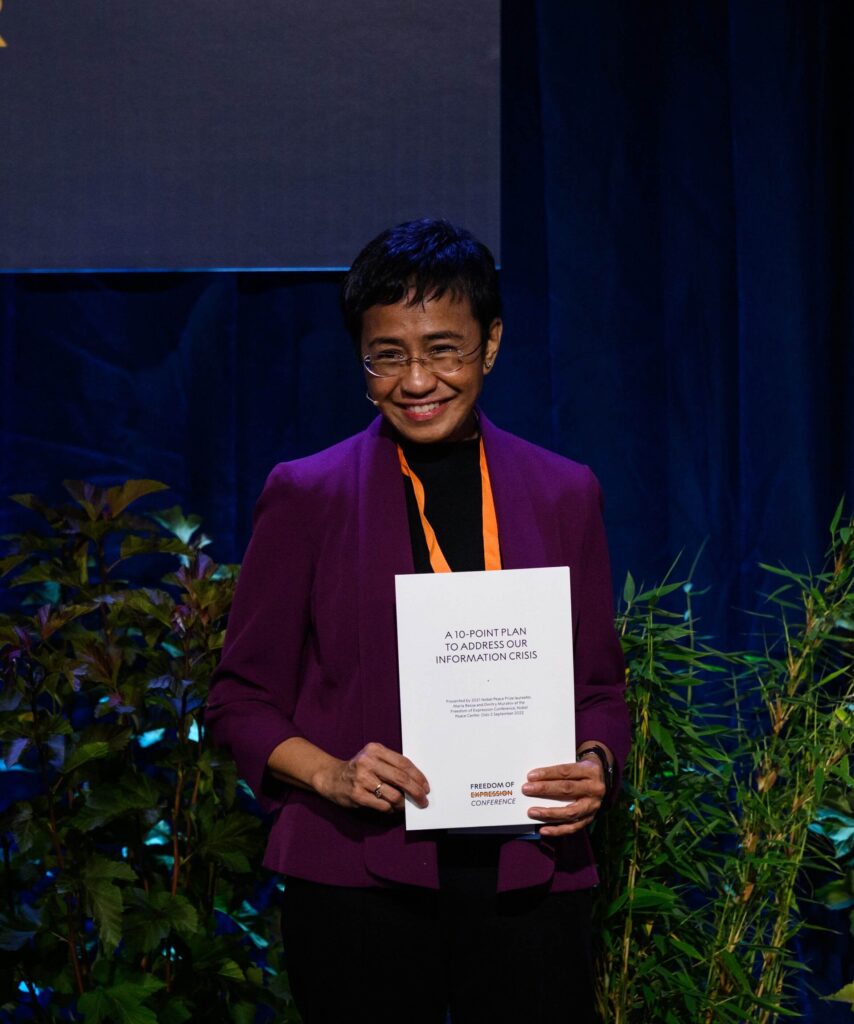
Our members got the EU Commission to investigate Meta
Getting Europe to pass a strong tech law was a major victory for this movement. But the real work is making sure that law is enforced. That’s why the digital detectives at AI Forensics hit the ground running, with a deep-dive investigation revealing how Meta is letting pro-Russia propaganda ads flood the EU, in alleged breach of the Digital Services Act.
The European Commission has since launched formal proceedings against Meta, citing AI Forensics’ research. This is accountability in action!

Our members are pushing regulators to tackle gender-biased algorithms
Tech justice and women’s rights campaigners have united in a mighty coalition to tackle the insidious challenge of discriminatory algorithms, and made vital progress pressing authorities in the Netherlands and France to take up the cause.
PvBT member Global Witness, together with Bureau Clara Wichmann in the Netherlands and Fondation des Femmes in France, submitted four complaints to national regulators based on the suspicion that Meta’s algorithms to determine which users see certain job ads discriminate against women and breach equality and data protection laws.
The Dutch Institute of Human Rights has since held a hearing on the complaint while France’s Défenseur des Droits has written “investigation letters” to Meta demanding a response. This is the first time Meta has been questioned on the issue in the EU!
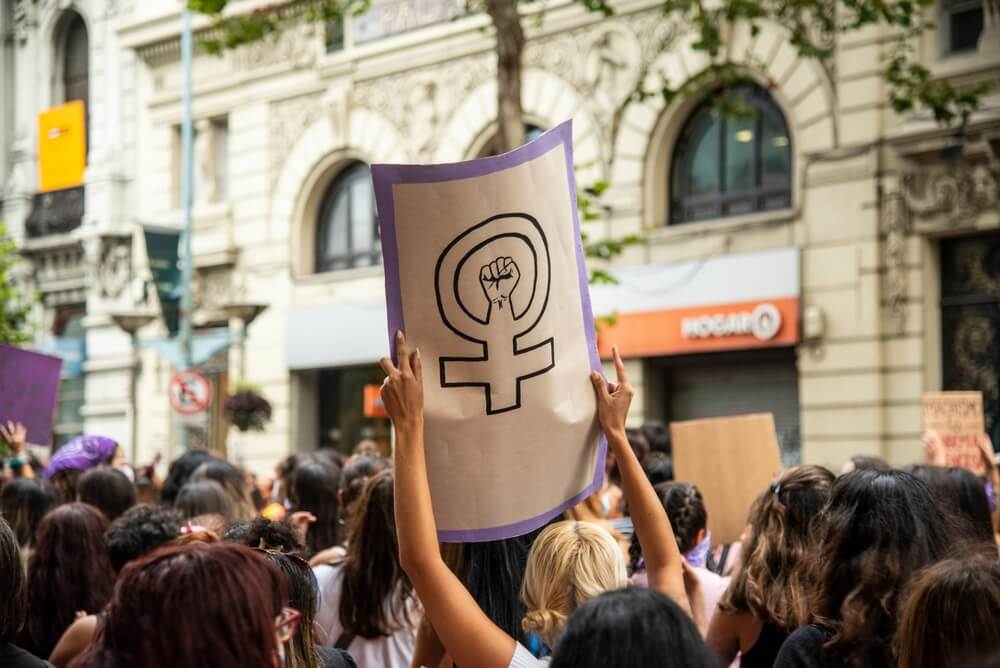
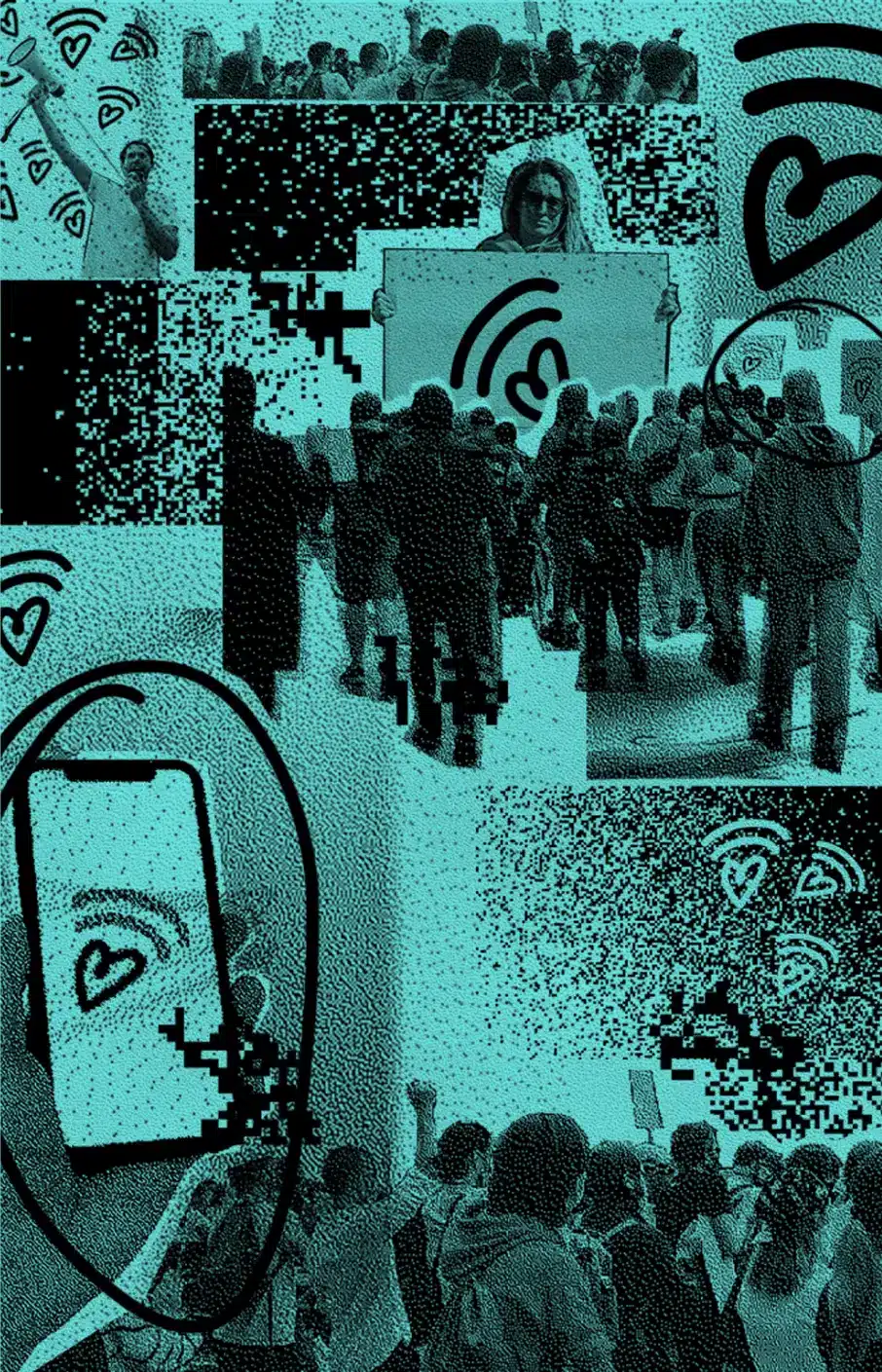
Sign the People's Declaration
Read the summary:
We, the people, demand technology that serves us, instead of putting us, our communities and our democracies at risk.
We call for an end to Big Tech’s destructive business model which has turned our own data into weapons against us.
We urge all those involved in scrutinising, passing, and enforcing legislation globally to stand on the side of the people you represent and take all necessary measures to rein in Big Tech’s abuses whilst defending people’s fundamental rights, critically - the right to free speech for all We urge all those involved in scrutinising, passing, and enforcing legislation globally to stand on the side of the people you represent and take all necessary measures to rein in Big Tech’s abuses whilst defending people’s fundamental rights, critically - the right to free speech for all.
Follow us on Mastodon
🚨 The EU’s “Digital Omnibus” is being sold as simplification. Analysis shows something else: major changes that tilt the rules toward Big Tech — weakening privacy, AI safeguards, and accountability.
And yes: the far right is helping push this deregulatory agenda.
📣 Over 200,000 people have signed petitions demanding action.
✍️ Add your voice now → StandUpUrsula.com #StandUpUrsula #EU #DataRights #GDPR
🚨 Brussels, today 🚨Ursula! Stand up for Europe – not for Trump’s tech bros!
As the EU unveils its “Digital Omnibus” today, we're rolling out billboards calling on @EUCommission to stop bending to US and Big Tech pressure and enforce our digital laws #standupursula✊@edri
Big news! 🎉 We're thrilled to welcome Ava Lee as the new Executive Director of People vs Big Tech.
Her leadership marks an exciting new chapter for our movement.
https://peoplevsbig.tech/people-vs-bigtechs-new-executive-director-ava-lee/
The Commission recently fined Google a massive €2.95 billion over abusive practices in adtech.
But now @EUCommission must finish the job and break up this monopoly once and for all. https://www.euractiv.com/news/protesters-outside-berlaymont-urge-eu-to-break-up-google
👀 Is that EU competition chief Teresa Ribera breaking up Google with a hammer??
Today we're sending a loud message to @EUCommission to dismantle Google's toxic advertising monopoly! #BreakUpBigTech. Great work @edri @lobbycontrol @rebalance_now
Our YouGov poll found people in France, Germany and Spain DON'T want the EU to back down against Big Tech and Trump! @vonderleyen https://peoplevsbig.tech/large-majority-of-french-german-and-spanish-public-back-tough-eu-stance-on-big-tech-despite-risk-to-trump-relations/
Google's monopoly power rips off consumers, pollutes our information environment, and destroys the news media.
Today's €2.95 billion fine is a start, but won't touch Google's toxic ad-tech monopoly. The EU must hold firm and now break up Google. @EUCommission https://www.politico.eu/article/eu-slaps-google-with-2-95b-fine-for-adtech-abuse/
🚨 NEW POLL: roughly TWICE as many people in France, Germany and Spain want the EU to break up Big Tech giants, as those who don't.
@EUCommission will soon decide whether to dismantle Google's toxic adtech monopoly. Will it listen to EU citizens and #breakupbigtech?
Big thanks to our fantastic campaign partners who made this all happen!
WeMove, @lobbyctrl_tech ,
@rebalance_now, Avaaz, Balanced Economy Project 🙌🏼
Alongside, we launched a new declaration signed by 35+ CSOs, calling on the EU to resist threats from Trump and confront the powerful Big Tech monopolies that threaten our democracy: https://peoplevsbig.tech/break-up-big-tech-civil-society-declaration/
Google's monopoly power rips off consumers, pollutes our information environment, and destroys the news media. A US judge recently ruled that it is illegal.
Now it's time for @EU_Commission to act! #BreakUpBigTech
Today we're sending a loud message to the EU to stand up to the tech oligarchy and #BreakUpBigTech! 📣📣
We have delivered a petition from +115,000 people calling on
@EU_Commission to break up Google, ahead of its major ruling on Google's toxic online advertising monopoly.
👾 The 20th edition of The People, our newsletter with
@thecitizens, is out!
US tech giants control much of our online world. This week, we're looking at the impact this has not only on the security of other nation states, but on people and planet. https://blog.peoplevsbig.tech/wtf-is-tech-sovereignty/
"As social media becomes more toxic and weaponised by extremists, reliable news continues to wither. Publishers, who rely on advertising to sustain independent reporting, are competing in a market where Google sets the terms and takes the largest share of profits." https://www.ft.com/content/2b78019f-dc5b-4c59-897d-e90406898fe6
"Together we’re rising up to build
a better digital world.''


